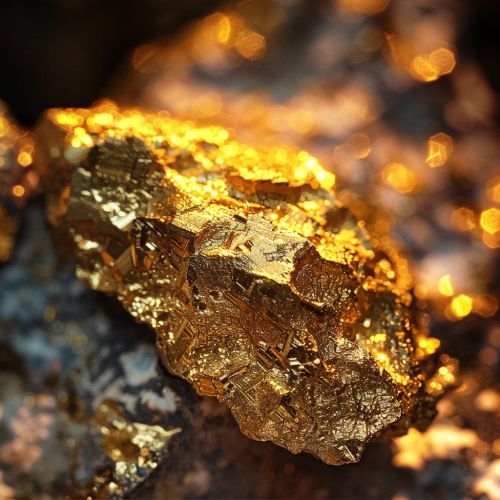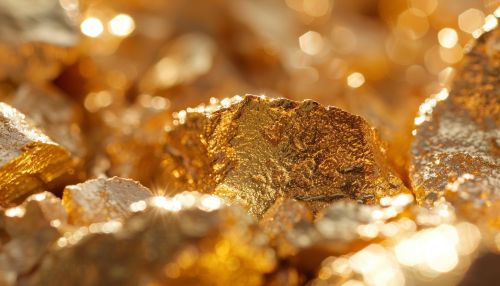California Gold Rush
Discovery of Gold
In January 1848, James Wilson Marshall, a carpenter originally from New Jersey, discovered gold at Sutter’s Mill in Coloma, California. Marshall was working to build a water-powered sawmill owned by John Augustus Sutter, a German-born Swiss citizen. The discovery was made in the territory of Alta California, which was part of Mexico at the time but would become part of the United States later that year as a result of the Treaty of Guadalupe Hidalgo.


Gold Rush Begins
The news of gold brought some 300,000 people to California from the rest of the United States and abroad. These gold-seekers, known as 'Forty-Niners', traveled by sailing ship and covered wagons, often facing substantial hardships on the trip. Gold mining towns quickly sprang up all over the region, and merchants and businesses of all kinds followed the miners, creating a rapid economic boom.
Impact on Native Populations
The California Gold Rush had severe effects on Native American populations in California. The sudden influx of immigrants led to conflicts over land and resources. Many Native Americans were forcibly removed from their lands, enslaved, or killed during this period.
Mining Techniques
Early miners used simple techniques to extract gold, such as panning. As more sophisticated methods of gold mining were developed, the amount of gold extracted increased dramatically. Hydraulic mining, which used high-pressure water jets to break up soil and rock, was particularly effective but also environmentally destructive.
End of the Gold Rush
By the early 1850s, the easily accessible gold had been largely mined out, although a gold rush in Australia would soon lead to a significant influx of skilled miners and improved mining techniques. The legacy of the California Gold Rush is still felt today in the "Golden State," which gained a reputation for opportunity and quick wealth that continues to draw people from around the world.
